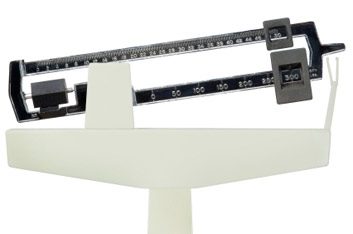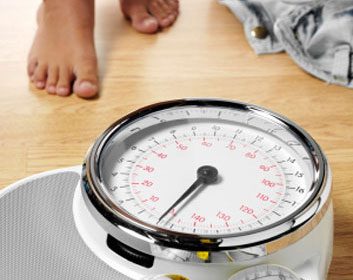
Myth: Your ideal weight was when you graduated from college, or before you had children
If you’re hoping to get back to what you weighed a few years ago, fine. But if we’re talking 15 or 20 years ago, you might want to reconsider. Many people put on weight as they get older. Set a weight-loss goal that’s appropriate for the way you live now.

Myth: Your ideal weight is the number listed on a standard height-and-weight chart
Many other factors play a role in determining your weight, such as your body type, the number of fat cells you have and how much your parents weigh. The numbers listed on a standard height-and-weight chart are just approximations. Don’t let them determine whether you’ve succeeded.

Myth: Your ideal weight is the lowest number you’ve been able to achieve on past diets
The fact that you’re dieting again means you gained at least some, if not all, of the weight back. If you set a weight-loss goal that’s too low to maintain, you’ll get caught in yo-yo dieting-losing weight, gaining it back and trying to lose it again. The best goal is one you can live with.

Myth: The less you weigh, the healthier you’ll be
Not true. In fact, many studies show that if you’re overweight, losing just 5 to 10 percent of your current weight is all you have to do to get the bulk of the health benefits associated with weight loss: lower risk of heart disease, stroke, diabetes and even some forms of cancer.

Myth: If you don’t hit your dream weight, you’ll never be happy
You don’t believe that, do you? A number is just a number. And if it’s a number that leaves you frustrated and stuck in an endless cycle of losing and gaining weight, it’s time to replace that number with a more reasonable one.
Related:
• 4 myths and truths about weight loss
• 8 exercise myths you thought were true
• What is the Swap & Drop Diet?
